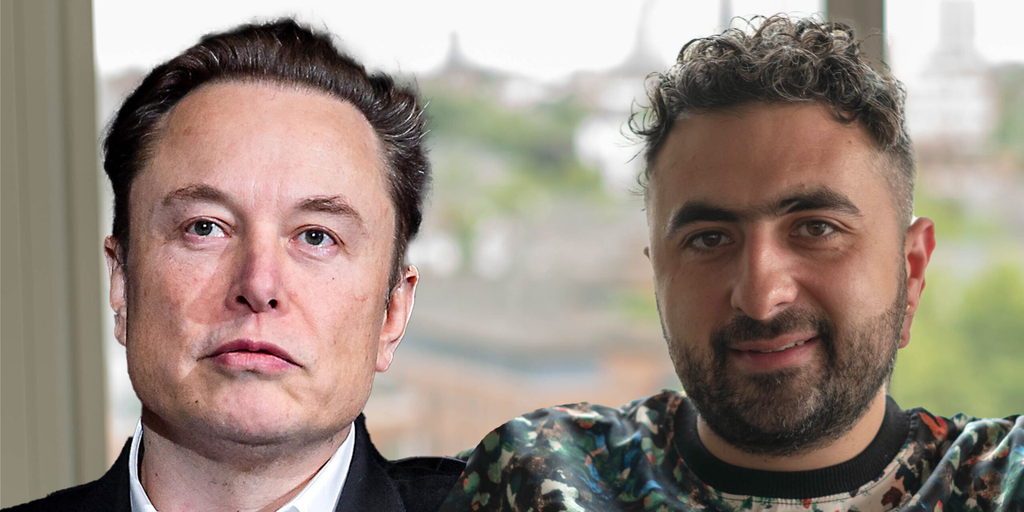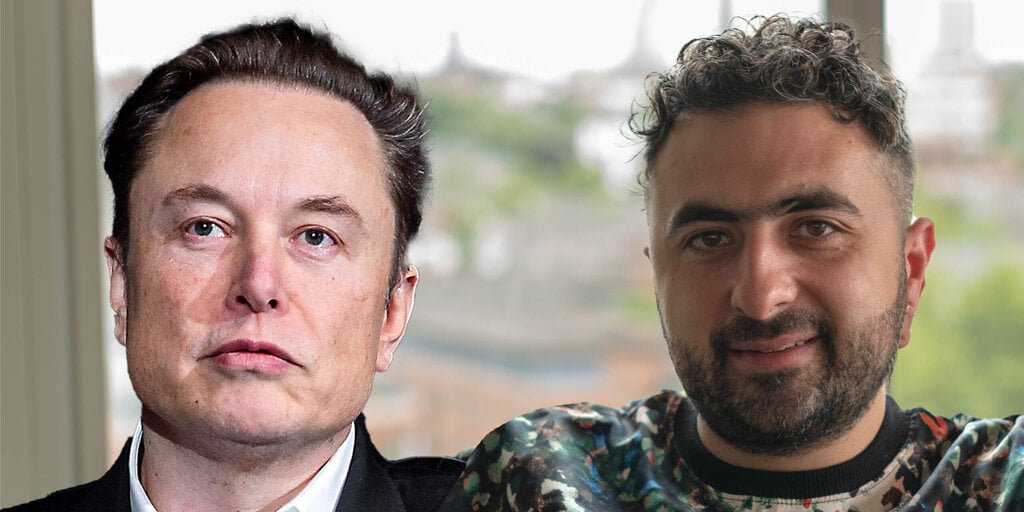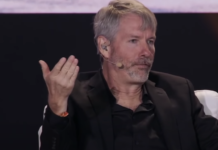
Calling artificial intelligence the most disruptive force in history, Tesla and SpaceX CEO Elon Musk heralded the end of the modern workforce during a fireside chat on the last day of the AI Safety Summit in Bletchley Park.
“For the first time, we will have something that is smarter than the smartest human,” Musk said. “It’s hard to say exactly what that moment is, but there will come a point where no job is needed—you can have a job if you want to have a job for sort of personal satisfaction, but the AI will be able to do everything.”
Artificial intelligence is not new. The idea of robots, supercomputers, and superintelligence goes back nearly a century. However, it was the modern advent of generative AI that forced the world to pay attention to the work computer scientists and enthusiasts have largely been doing on the fringes.
According to Musk, who likened AI to a magic genie granting wishes, the need to work will go away when most human needs are met.
“You’ll likely be able to ask for anything, and we won’t have a universal basic income, we’ll have a universal high income,” he said. “So, in some sense, it will be somewhat of a leveler, an equalizer, because everyone will have access to this magic genie.”
But while Musk predicted that AI will change the workplace as we know it, others—including British artificial intelligence researcher and co-founder of DeepMind, Mustafa Suleyman—disagree.
“He’s not an AI scientist,” Suleyman told the BBC, responding to Musk’s prophecy. “His expertise is more in space and cars.”
Co-founded in 2010 by Demis Hassabis, Shane Legg, and Suleyman, DeepMind is an AI research laboratory that designs neural network models patterned after the human brain—global tech giant Google acquired DeepMind in 2014. In 2016, DeepMind’s AlphaGO program beat Go world champion Lee Sedol in a five-game match. In 2022, Suleyman co-founded the machine learning and generative AI firm Inflection AI.
Suleyman did acknowledge that the fears around generative AI are justified. However, he said it’s still too early to say AI will replace humans.
“I think that certainly over a 50-year period, we should be concerned, it’s right to be concerned,” Suleyman said. “Every new technology has destabilized the landscape, whilst it’s also delivered incredible benefits.”
Suleyman’s comments were a recap of the AI Safety Summit in Bletchley Park, where policymakers from around the world gathered to discuss and lay out plans for how to address and regulate AI.
During the conference, 29 countries and the European Union signed the Bletchley Declaration that emphasized the importance of a collective approach to AI safety, fostering a science-based understanding of those risks, and developing risk-based policies that are tailored to each country’s unique circumstances and encouraging collaboration and transparency between governments.
Generative AI—or AI that uses prompts to generate images, text, music, and video—has taken the world by storm after the public launch of OpenAI’s ChatGPT last year and GPT-4 in March. Its use in creating more detailed and realistic deepfakes has led global leaders to sound the alarm on who the technology is being used and the need for guardrails to prevent the spread of misinformation.
“I think the point about raising it now is that democratic governments should make decisions that are in the best interests of everybody,” Suleyman said. “This is a moment where we need the state more than ever before.”
“We need good governance, and we need to be proactive about those regulations,” he concluded.








